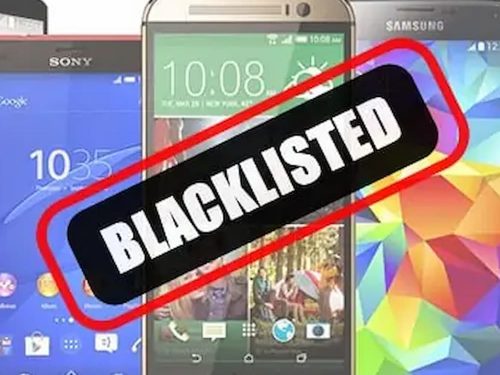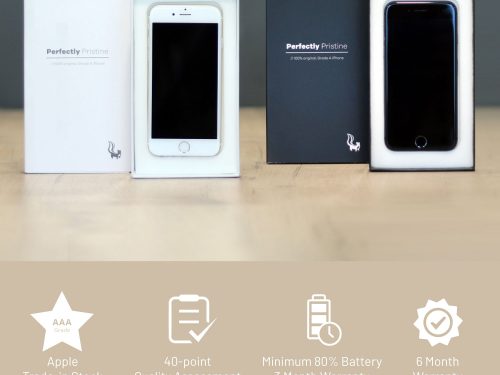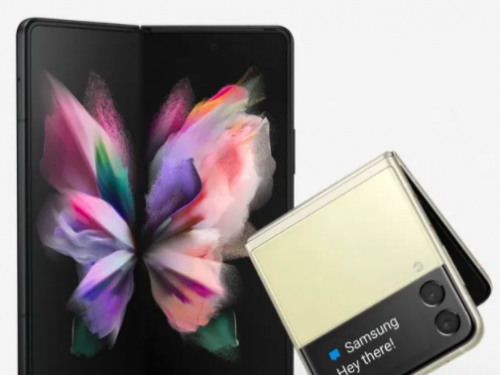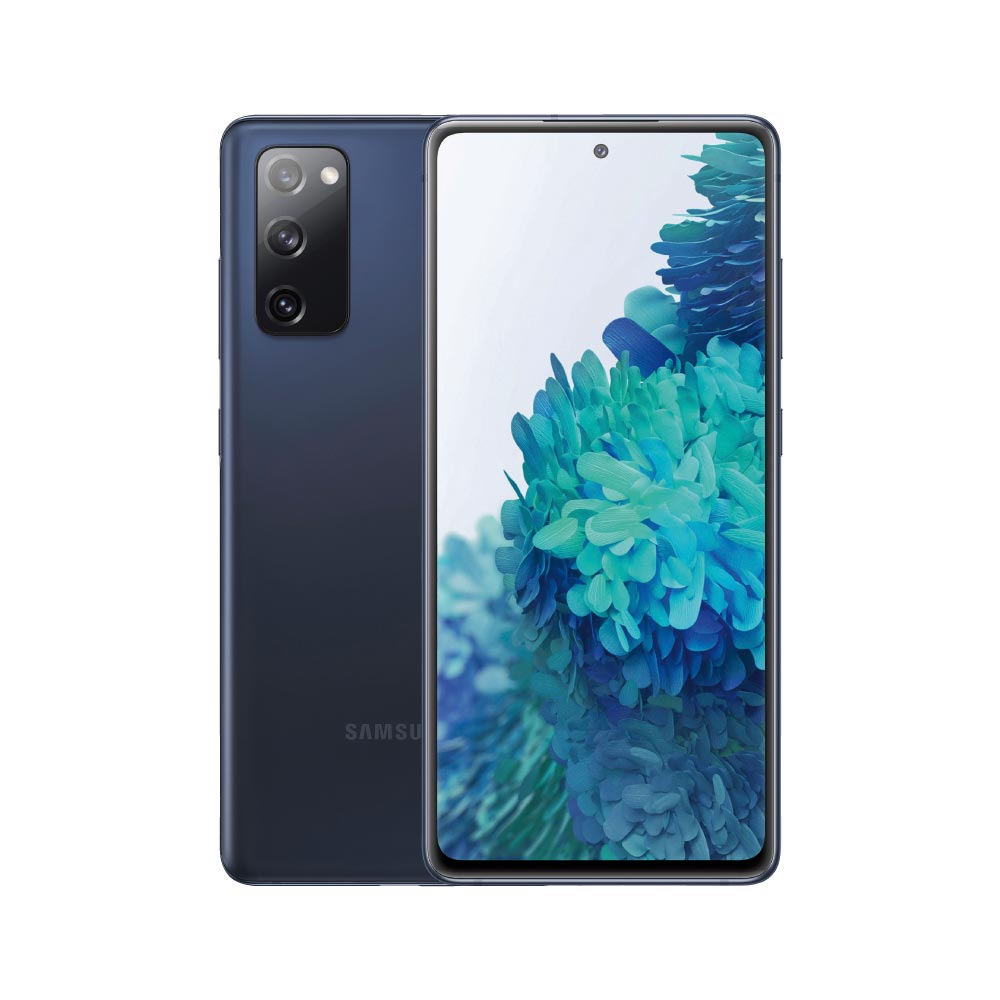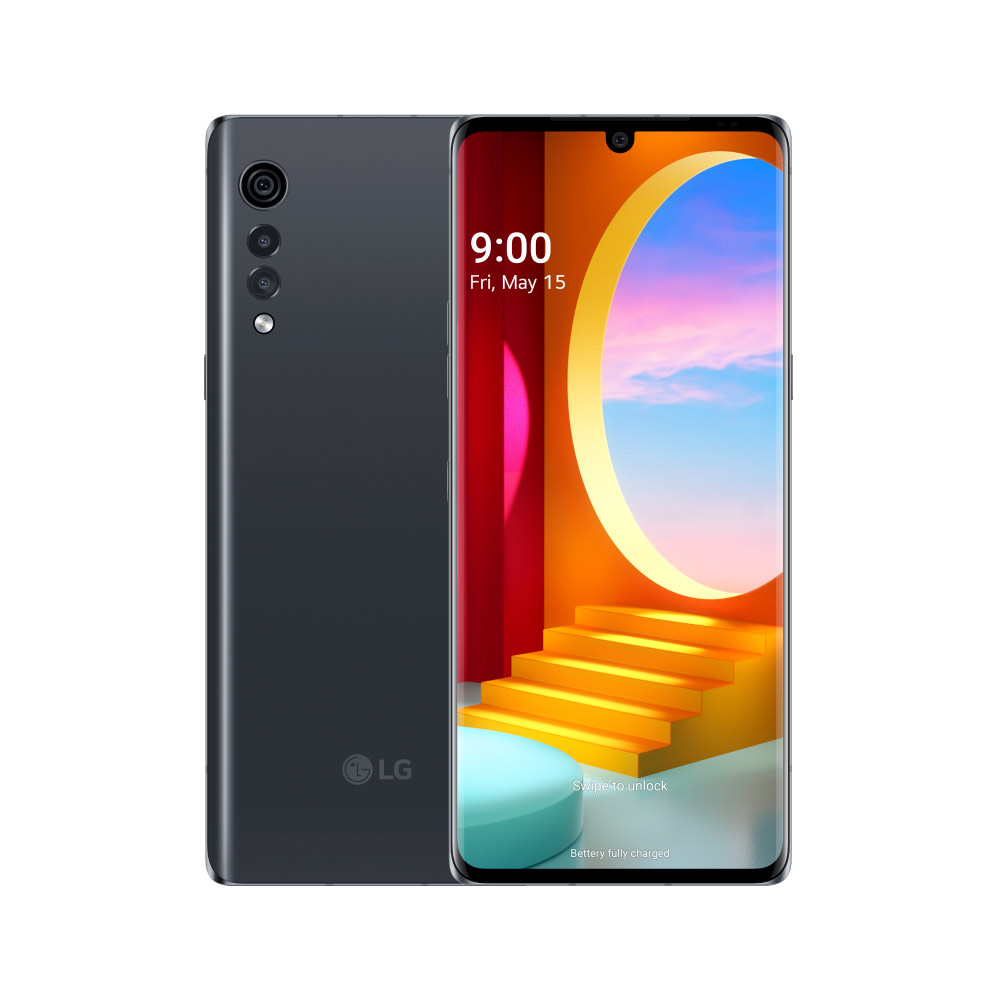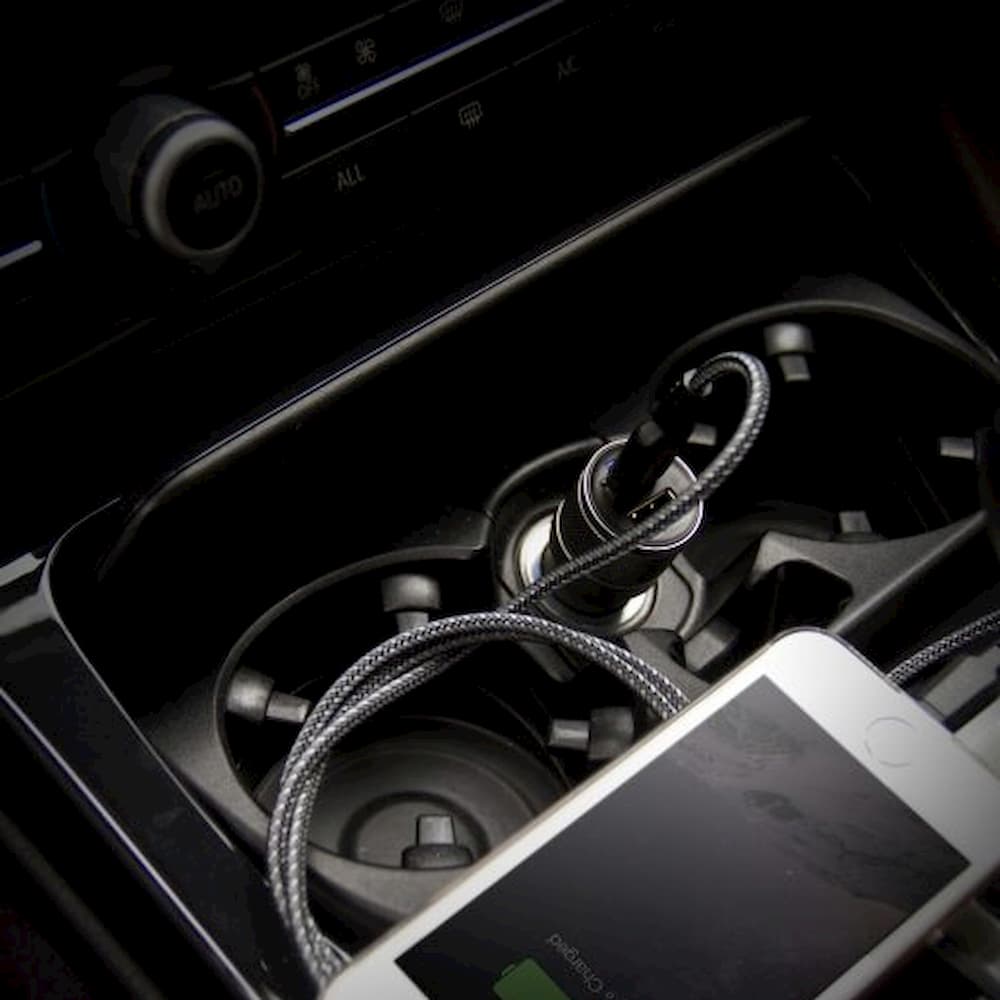

The theft of mobile phones is a growing problem fuel by the insatiable demand for premium model second-hand smartphones, particularly in developing countries. There are no clear statistics recently, but reports indicate there are between 3 and 5 million phones reported stolen every year – if you include the number of stolen devices not reported, the true number is suggested to be in the region of 10 million.
Every phone has at least one unique identifying hardware number called the IMEI which transmits every time the mobile phone interacts with a cellphone network. This is not dissimilar to a unique engine number on a car.
If your mobile phone is stolen or lost the IMEI number can be reported and the phone is more than likely blocked in your respective country from working on all of the local mobile networks. However, the blacklisting of hardware is not shared between countries and consequently, the phone can be used with impunity in another country. If you activate security software on your android or iPhone that allows you to brick the device remotely. This then renders the phone useless, a paperweight, that is the ideal situation however very few people actually “brick” their phones or activate this option as part of the initial setup.
What you may not know is that all the major brands of phones “ping” your online activity to their manufacturers constantly. It is therefore possible for all mobile phones to be bricked anytime by their creator. This is done by remotely transmitting an instruction in code to the device no matter where in the world the phone is connected to the internet – exactly what Samsung did after the “battery gate” saga of their recalled Galaxy Note 7.
Consumers should demand from mobile phone manufacturers that they have the absolute right to switch off their phone or brick their phone remotely globally in the event the device is stolen. Naturally, there needs to be a clear verification process with some proof of ownership or there would be havoc.
Then watch phone thefts collapse, insurance prices drop, the only remaining reason to steal a phone would be for the chop shops to salvage a few valuable parts but that is a very limited market. Mobile networks benefit massively from unsubsidized stolen phones on their networks so this movement must be driven at manufacturer level by consumer activism.

